Ernest Journal 4
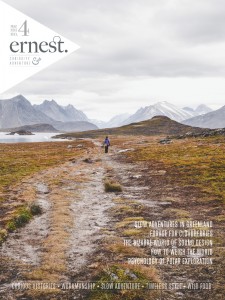 The latest issue of the beautifully-produced Ernest Journal is now out. And it includes an article by me on how to make glass from scratch. As I explain in The Knowledge, glass has been utterly crucial for the building of our modern lives. We use this wonder material not just for windows and wine glasses, but also for all the tools for understanding how the world works: grinding lenses for the microscope and telescope, making test tubes for chemistry, and the thermometer and barometer for studying temperature and pressure. The three main ingredients for glass can in principle all be collected off the same beach — sand for silica, seaweed for soda, and chalk, coral or seashells for lime — the ultimate Robinson Crusoe experiment!
The latest issue of the beautifully-produced Ernest Journal is now out. And it includes an article by me on how to make glass from scratch. As I explain in The Knowledge, glass has been utterly crucial for the building of our modern lives. We use this wonder material not just for windows and wine glasses, but also for all the tools for understanding how the world works: grinding lenses for the microscope and telescope, making test tubes for chemistry, and the thermometer and barometer for studying temperature and pressure. The three main ingredients for glass can in principle all be collected off the same beach — sand for silica, seaweed for soda, and chalk, coral or seashells for lime — the ultimate Robinson Crusoe experiment!
You can subscribe to Ernest here
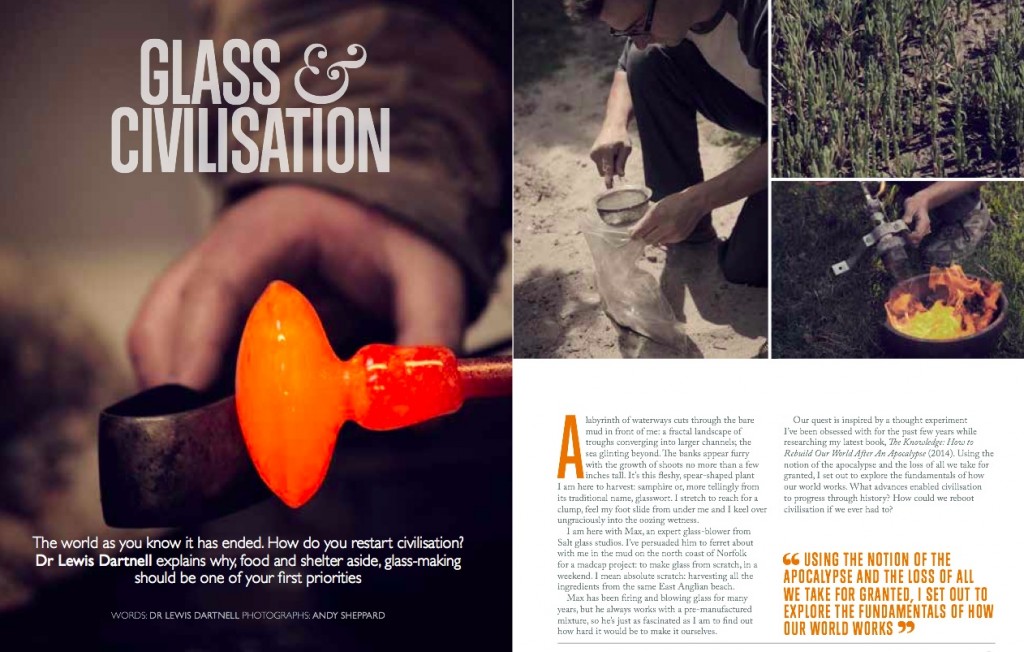

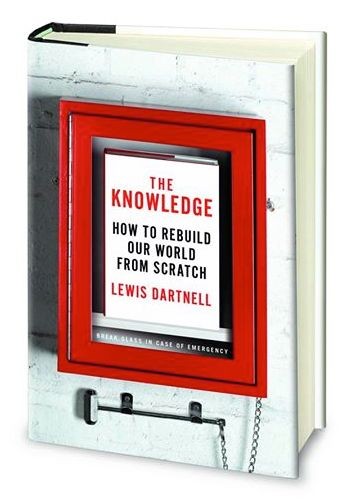
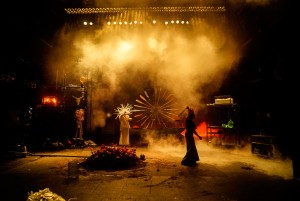
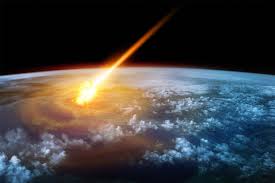 One of the possible hazards that could collapse civilisation is an asteroid impacting the Earth. This June I was involved in the launch of
One of the possible hazards that could collapse civilisation is an asteroid impacting the Earth. This June I was involved in the launch of 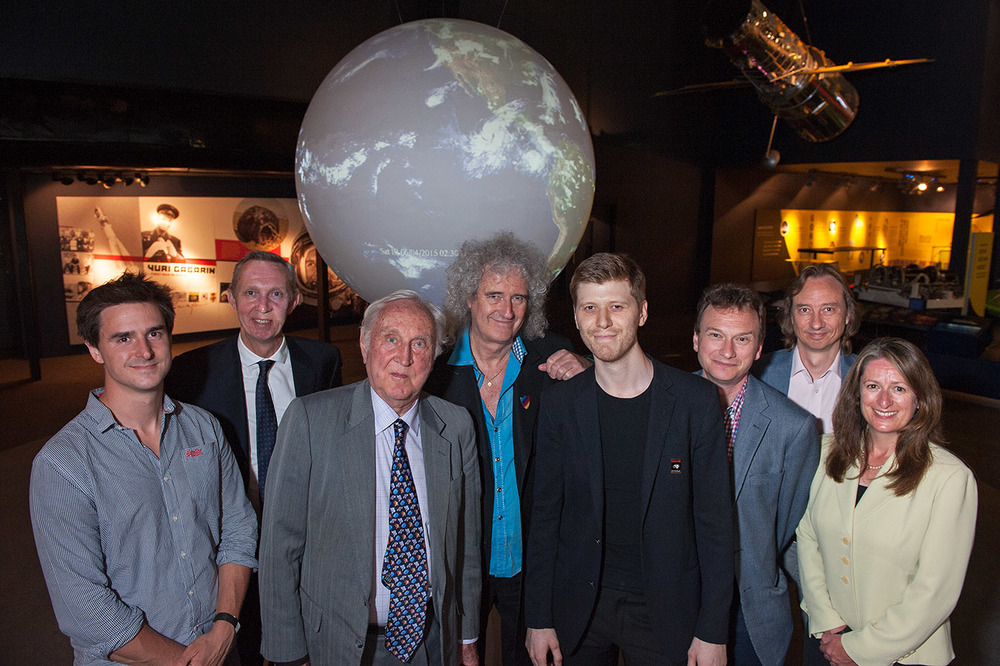
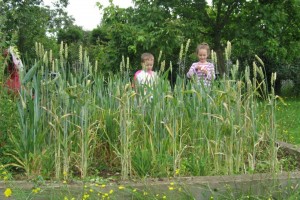 But how many of us actually make breakfast from scratch? I mean really from scratch – growing your own wheat and making butter out of milk fresh from a cow?
But how many of us actually make breakfast from scratch? I mean really from scratch – growing your own wheat and making butter out of milk fresh from a cow?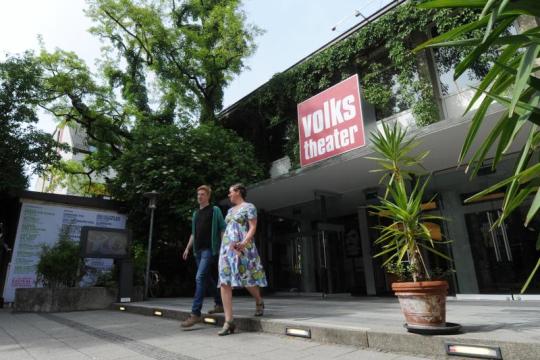 The Knowledge is being performed as a play! Theatric dramatisation rights were requested earlier this year by a German production company, and the book will be adapted and directed by
The Knowledge is being performed as a play! Theatric dramatisation rights were requested earlier this year by a German production company, and the book will be adapted and directed by 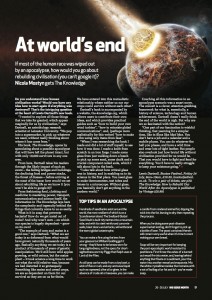
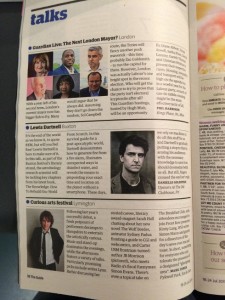 My
My